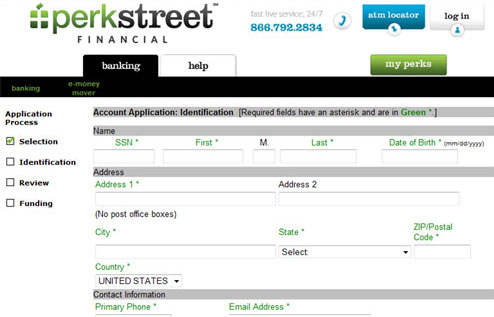We're in the middle of a search for a bigger vehicle for our family. We recently had our first child, and my wife's little Honda just isn't cutting it anymore when it comes to carting around the baby and all his stuff. It's just getting too cramped. At this point we're looking into what type of vehicle to buy – anything from a mini-van to a smaller SUV. While we haven't settled on anything, my wife can't stand mini-vans, so we're leaning towards buying a SUV.
When buying a new car, there are a lot of things that you can do in order to save money on your purchase. Some will save you a little money – and others will save you hundreds or thousands of dollars. So let's get started!
Things You Can Do To Save Money On Your Automobile Purchase
Saving money on your auto purchase can be done in a variety of ways – from doing your due diligence and research before you shop – all the way to figuring out what make and model to buy. Here are the tips we're using to save money on our next purchase.
- Research potential cars, and how to sell your own: If you're looking for a new car, make sure that you give yourself time to look into exactly what type of car you want to buy, how much it should reasonably cost, fuel efficiency, reliability and other factors that can affect your decision. Also look into selling your current car, and figure out how much you can get for it either by selling it as a private party sale – or by trading it in. Use sites like CarSoup.com, Autotrader.com, Edmunds.com and ConsumerReports.org to give you a ballpark value of what your car is worth so that you can get top dollar for your car.
- Used vehicles save you thousands: When buying a car we often dream of buying that high end luxury ride, instead of buying something that just fits our needs. We want a brand new car that still has the showroom smell. If we are honest about it, however, we can see that buying a pre-owned car, one that's 2-3 years old with low miles – will end up saving us thousands of dollars. The reason? New cars lose up to 60% of their value within the first 4 years. That's a lot of value just disappearing into the ether! Instead of buying a brand new car, do as we did with out last car. We bought a 3 year old sedan that was close to $20,000 new. By buying the same car as a used car, we got it for around $11,000, and it only had 29,000 miles on it! (plus it still felt like it was brand new anyway!)
- Buy from a private owner: When you buy a car from a dealership, there is going to be markup over what you might pay to buy the car from a private party. That's why when you go to Kelly Blue Book's website, there is a price for retail and one for private party that is lower. One caveat – just make sure that you get a vehicle history report and having the car inspected by a trusted mechanic to ensure you're actually getting a good deal.
- Paying cash saves interest: My wife and I have been paying ourselves a car payment for the last few years. The result is that after a couple of years you end up having a nice stash of cash to pay for your next car in cash – instead of getting a loan. While rates may be low right now, you'll still save by paying cash instead of getting a loan (of course unless you get one of those 0% financing offers – in which case you're probably not saving by getting a used car). Set up a high yield savings account, and start saving your payments!
- Rental cars can save you money too: Our last two cars that we purchased were both rental cars. While you might think that buying a rental car isn't a good idea (there is a common thought that rental cars are driven harder than other cars), we've found that for our family it ended up being a great deal. The rental cars that we bought were lower in price, but were both in great shape – and had been maintained meticulously by the rental agency. My last one drove wonderfully until i got rid of it at 130,000 miles.
- Extra options mean big money: If you leave off extra options like sunroof, leather and premium sound packages, a $20,000 car can quickly become a $16,500 car. Carefully consider which options you actually need.
- Negotiation on price may be necessary: Sometimes whether you're comfortable with it or not, you may need to be willing to negotiate with a car dealer to get the best price. If you don't like negotiating, consider getting a family member who doesn't mind doing it – to do it for you. Make a game out of it offer to give your friend or family member a percentage of whatever they save you in negotiation.
- Make sure to get an inspection and a vehicle history report: Pre-owned cars will have different histories, and you need to be careful that you don't buy one that has negative events in it's past. Get a vehicle inspection from a mechanic you trust, and also get a vehicle history report to confirm it hasn't had flood damage, accidents or other negative events. Skipping this step could cost you thousands down the road.
- Don't buy an extended warranty: Extended warranties are one of the places that car dealerships make some of their biggest profits. The reason? Most people that buy them never use them. If you want to get a warranty anyway, consider buying from an outside company for less than you can get a policy at the dealership. Or even better, self insure yourself against the risk of mechanical failure by saving up a “car repair emergency fund“!
There are lots of ways that you can save when buying a car. Some of the tips will save you more than others – but really it all comes down to doing your research, preparing yourself, and going out to do battle – to save money!
Have your own tips for saving money when buying a car? Tell us your car buying strategies in the comments!


